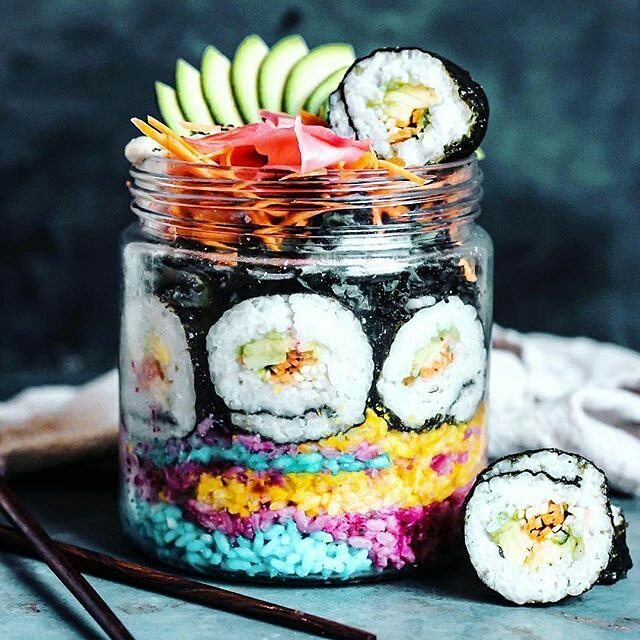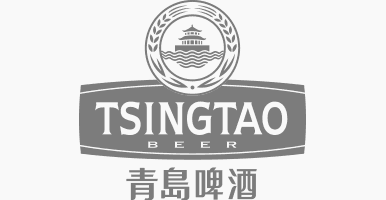Not a culture you would immediately think of as embracing the vegetarian and vegan lifestyles, due to the dominant presence of the meat industry, China is in fact fast-becoming a nation with a thriving community of people cutting meat from their diets.
It is now believed that more than 50 million people of China’s 1.4 billion population have stepped away from meat and dairy products, in favour of fresh, animal-free alternatives. Whilst veganism is spreading in popularity across the Western world too, this percentage outweighs that of the US and the UK (despite there being a 350% spiral of vegans over the last 10 years in the UK).
 Looking back through Chinese history though, the roots of an animal-free diet are far from modern. One of the country’s most prevalent religions, Buddhism, has always held values that tie abstinence from eating meat to the belief of an exalted reincarnation.
Looking back through Chinese history though, the roots of an animal-free diet are far from modern. One of the country’s most prevalent religions, Buddhism, has always held values that tie abstinence from eating meat to the belief of an exalted reincarnation.
Also, another of China’s prominent philosophies, Taoism, has always promoted a nature-orientated lifestyle, which encourages mental and spiritual health through dietary restrictions in the form of veganism. After all, everyone’s favourite vegan meat-substitute, tofu, is believed to have been the creation of Taoist Prince Liu An all the way back in the Han dynasty of 179-122 BC!
Finding Vegan Cuisine in China
There’s no denying that China is affluent with fresh produce and substitutes. Many of the country’s traditional dishes and favoured cuisine place a large emphasise on vegetables, grains and fruits, meaning you don’t have to go far to find delicious meals that are free from animal products.

Once you have a few basic phrases in your armoury, ordering vegan cuisine in restaurants and sourcing produce in markets doesn’t need to be hard. The number one phrase, bu chi rou, is the closest way to communicating that you don’t eat meat, whilst the phrase wo chi su translates to ‘I eat vegetables’. You can also use the phrase wo bu chi followed by the specific food, to let people know what you can’t eat; for example ji (chicken), dan (eggs), yu (fish) and hai xian (seafood).
Whether you’re ordering in a restaurant or want to mix up your own Chinese-inspired cuisine, there are numerous popular dishes to try. Rice and noodle dishes are in abundance across China, and can be easily seasoned with green vegetables, tofu, mushrooms, black bean sauce, or garlic and ginger dressings. Dumplings and spring rolls are also good choices and can be enjoyed using tofu, mock meats, or simply stuffed with vegetables and bean sprouts.
The Most Vegan-Friendly Places
Wandering across the whole of Asia to find the most vegan-friendly spots, the animal welfare charity, Peta, named Shanghai and Hong Kong among the top ten areas to enjoy the vegan lifestyle.
As a city that has gone from strength to strength, becoming one of the country’s key cultural and financial hubs, Shaghai is unsurprisingly a haven for exciting and alternative cuisine. Tourists and locals alike can enjoy an all-star vegan menu at Super Vegan, compromising favourite Chinese dishes without the meat, including tangerine-braised ‘beef’ stews, ‘chicken’ and ‘duck’ stir-fries, and dairy-free milkshakes. Gong De Lin also has an extensive mockmeat menu. Or try the trendy hangout, Gwen’s Djang, which boasts a healthy mix of juices, tempeh noodle bowls, and even beetroot cake for dessert.
Venturing over to Hong Kong, you wouldn’t want to miss the famous LockCha Tea House, which serves up everything from meat-free ‘chicken’ satay skewers to tasty vegetable dim sum, alongside more than 100 different teas to choose from. Pure Veggie House channels the spirituality of Buddhism in its décor and menu, with a plethora of healthy tofu dishes, dim sum, and vegan desserts.
The Hype of a Healthy Lifestyle Online
The rise of Instagram has opened the gates for your daily dose of food envy, with vegan and vegetarian diets becoming a hot trend across the platform. In fact, there are nearly twice the amount of hashtags for #vegan than there are for #pizza!
Accounts such as @VeganChina, @VeganMiam, @GreenQueenHK, and @VietVegan are all leading the way for a delicious vegan lifestyle, inspired by Asia. A quick scroll provides a myriad of vegan Chinese cuisine, in the form of colourful bowls of fresh veggies, sumptuous-looking noodle dishes, raw goji berry breakfast bowls, and mouth-watering superfood smoothies.

The nation is also gathering it’s own panel of influencers and advocates, who are helping to spread the word of veganism. Chinese vegan activist and artist, Long Kuan, has never shied away from sharing the message. The former pop singer, with a pixie face and ethereal voice comparable to the likes of Björk, released the hit single LOHAS Queen back in 2009, which draws on themes of health and the environment (LOHAS literally stands for Lifestyle of Health and Sustainability).

Describing the popularity of a meat-free diet, Kuan said: “Times have really changed. Maybe 10 years ago, when I was a vegetarian, a lot of people said, ‘why, are you Buddhist?,’ or something. But now, it’s completely different. The young generation, especially, they love to be eco-friendly, and they love to be compassionate. And they really care about the environment and the quality of life, about pollution…they really care about fellow creatures on this planet, animals and even trees.”
An unlikely ally to the vegetarian and vegan movement includes Former Premier of the People’s Republic of China, Wen Jiabao. Back in 2010, he suggested that China adopt the practice of eating meat-free one day a week. Although he is no longer in office, some parts of China still honour this, and the tradition is largely popular in the western world in the form of the McCartney’s ‘Meat Free Monday’.
Whatever your reasoning to make the switch to a plant-based diet, enjoying veganism the Chinese way is really rather simple. With plenty of dishes on offer and lots of great products to fill your kitchen with, Chinese vegan cuisine offers healthy and satisfying options for your daily menu.
If you’re feeling inspired to embrace a bit of veganism in your life, click here to give our featured recipe for Kung Pao chickpeas a try.


